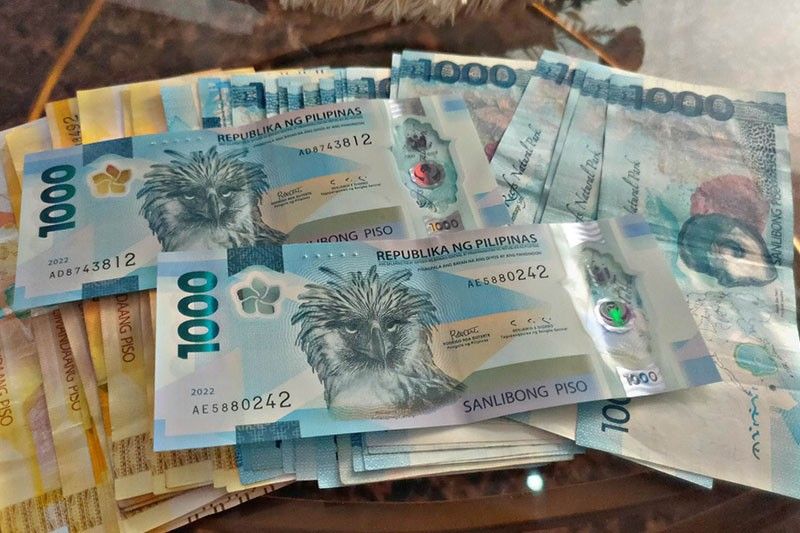More ‘hot money’ flees, ends 4-month net inflow

MANILA, Philippines — Speculative funds reverted to a net outflow in February, ending four straight months of net inflows, as more hot money is expected to leave the Philippines amid the uncertainties brought about by the global banking crisis.
Data released by the Bangko Sentral ng Pilipinas (BSP) Thursday evening showed the Philippines yielding a net outflow of $531.27 million in February, reversing the net inflow of $274.04 million in February last year.
Michael Ricafort, chief economist at Rizal Commercial Banking Corp., traced the net outflow in February to the volatility in the global and local financial markets amid some geopolitical risks, particularly the tensions after the US shot down China’s alleged surveillance balloon and other flying objects as well as the slower-than-expected deceleration in some US inflation gauges during the month that led to more hawkish signals from the US Federal Reserve.
The gross inflow of foreign investments registered by the BSP through authorized agent banks retreated by 28 percent to $679.96 million in February from $944.51 million in the same month last year.
These are also known as hot money or speculative funds as these flow regularly between financial markets as investors attempt to ensure they get the highest short-term interest rates possible.
According to the BSP, the bulk or 79.6 percent of the funds were invested in securities listed on the Philippine Stock Exchange (PSE), particularly in banks; holding firms; property; food, beverage and tobacco as well as electricity, energy, power and water.
The central bank said 20.4 percent went to investments in peso government securities, while the balance of less than one percent went to other instruments.
Inflows, the BSP said, came from the United Kingdom, the US, Luxembourg, Hong Kong and Singapore, accounting for 82.5 percent of the total in February.
On the other hand, the amount of withdrawals soared by 82.1 percent to $1.21 billion from $670.47 million.
For the first two months of the year, the Philippines yielded a net outflow of hot money amounting to $239 million, a turnaround from the $289 million net inflow recorded in the same period last year.
Ricafort said more speculative funds are expected to leave the country in the coming months due to the collapse of the Silicon Valley Bank and Signature Bank in the US as well as the crisis faced by Credit Suisse and Deutsche Bank in Europe.
“However, for the coming months, other offsetting risk factors include the increased market volatility since early March 2023 largely due to the US bank failures, higher inflation, higher interest rates, possible additional Fed rate hikes amid slower-than-expected easing in inflation, amid continued Fed rate hikes,” Ricafort said.
The Philippines booked a net inflow of foreign portfolio investments or speculative funds amounting to $886.7 million last year, reversing the net outflow of $574.5 million recorded in 2021. This was below the revised $3.5 billion projection.
For this year, the BSP further slashed its projection to $2.5 billion from $5 billion, but is seen picking up to $3.5 billion in 2024.
- Latest
- Trending





























